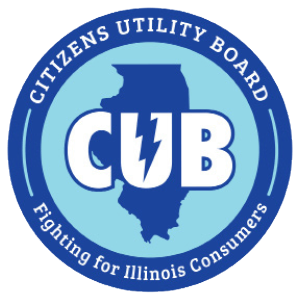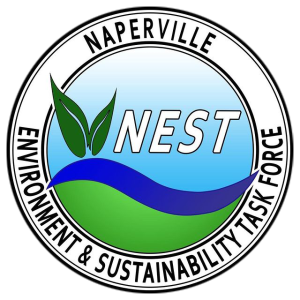Residents of the Tri-Cities region–St. Charles, Geneva and Batavia–are invited to join an educational and solutions-based discussion on how their communities have lacked access to the benefits of clean energy because they are locked into buying most of their power from coal-fired generation. Read the PDF version of this release here.
This free program, called “The Tri-Cities’ Coal Problem and What We Can Do about It,” is:
7-8:30 p.m., Wednesday, Nov. 15
Baker Community Center, Collins Auditorium
101 S. 2nd St.
St. Charles, IL, 60174
Please register here: https://rb.gy/1cjhn
The event is sponsored by a number of groups, including the Citizens Utility Board (CUB), a nonprofit watchdog group for utility customers, the League of Women Voters of Central Kane County, Sierra Club Illinois, Prairie Rivers Network and the Naperville Environment & Sustainability Task Force (NEST). These groups held a similar event in Naperville in September.
“Renewable energy is gaining ground on fossil fuels faster than anyone expected, costs are dropping and federal incentives help everyday people enjoy the benefits of clean, affordable electricity,” said William Koehl of the League of Women Voters. “But the Tri-Cities region is locked into buying the majority of its power from coal generation. This event isn’t a protest–we hope it’s the beginning of a collaborative, problem-solving effort regarding the energy supply for St. Charles, Geneva and Batavia. We want to show local leaders that residents care about where their energy comes from.”
Most people in northern Illinois are Commonwealth Edison customers, but residents of Batavia, Geneva and St. Charles get their electricity from municipally-run utilities. The utilities in each of these communities contract with nonprofit agencies–the Illinois Municipal Electric Agency (IMEA) for St. Charles, the Northern Illinois Municipal Power Agency (NIMPA) for Batavia and Geneva–to help manage their energy purchases. A key problem: These agencies purchase most of their electricity from dirty, expensive coal-fired generation, mainly the Prairie State Energy Campus, a controversial coal plant in Southern Illinois. Coal power is a major source of the pollution that makes climate changes worse.
Advocates are urging city councils to open formal discussion with IMEA and NIMPA about how they can move away from fossil fuel energy to reflect the clean energy transition—and customers want to be part of that discussion. Plus, customers want better communication from their municipal utilities–often they have not been made aware of clean energy incentives through the federal Inflation Reduction Act (IRA) and the state Climate and Equitable Jobs Act (CEJA).
The evening’s keynote speaker is CUB Environmental Outreach Coordinator Scott Allen, who will share Illinois’ progress in moving from coal to a clean energy future, and how the Tri-Cities region can be part of that transition. Organizers hope the event educates consumers about….
- the sources of their energy.
- how they can take advantage of state and federal incentives to heat and power their homes in cleaner, more affordable ways (through heat pumps, for example).
- how they can advocate for policy to make NIMPA and IMEA more transparent.
- how they can advocate for local leaders to discuss with NIMPA and IMEA how to secure cleaner energy sources in the future–and include residents in that discussion. For example, IMEA is asking its members, including Naperville and St. Charles, to consider renewing their contracts about 10 to 15 years before the current contract is up.




